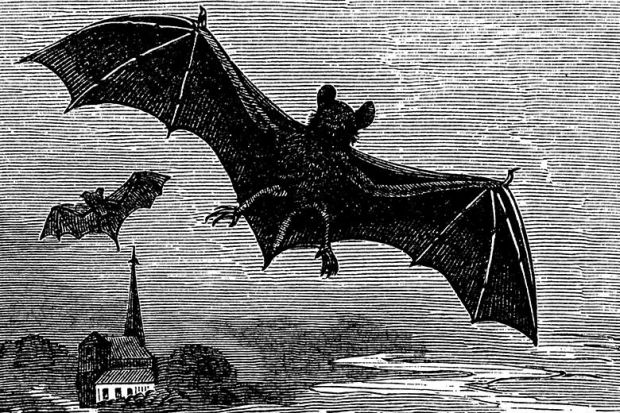Schadenfreude: The Joy of Another’s Misfortune
Tiffany Watt Smith
Profile/Wellcome Collections
Many people take real pleasure in the humiliations laid bare in celebrity gossip magazines. Cultural historian Tiffany Watt Smith admits that she also enjoys it “when a news correspondent gets tangled up in her scarf” on live TV or when lorries relying on satnavs get stuck in narrow country lanes. Although “we may well be living in an age of schadenfreude”, she suggests, it is far too easy just to condemn this. Instead, she offers an ambitious – and often highly amusing – attempt to analyse “the work this much-maligned emotion does for us, and what it tells us about our relationships with ourselves and each other”.
The Will of the People: A Modern Myth
Albert Weale
Polity
Much of the political discussion in the UK since the vote to leave the European Union has sanctified something called “the will of the people”. Yet as well as “foster[ing] the populist error that democracy means the direct determination of government policy by the people”, argues Albert Weale, this all too often has the paradoxical effect of “putting more power into the hands of the executive”. And that in turn can enable governments to “silence dissent” and undermine “a fundamental principle of constitutional democracy”, namely that it is a form of rules-based “institutionalized debate”. It is now essential, in Weale’s view, to confront head-on a “pervasive” and “particularly dangerous” contemporary myth.
The Vampire: A New History
Nick Groom
Yale University Press
We all know about Dracula, yet Bram Stoker’s masterpiece represents the culmination of what Nick Groom – an academic sometimes known as the “Prof of Goth” – calls “the preceding two centuries of vampirology”. In this dazzling history, he traces its trajectory, drawing on “evidence from theological treatises to medical reports, travelogues to political allegories, and poetry and fiction to occult tractates”, and reveals why the vampire “can challenge us today as powerfully as it has done for nearly three centuries”. Touching on some of our deepest feelings about blood, gender, race, science and society, vampires, quite simply, are “good to think with”.
Daily Life in Late Antiquity
Kristina Sessa
Cambridge University Press
It is still comparatively rare to explore the ancient world, and specifically the period from roughly AD250 to AD600, from the bottom up. In this synthesis, Kristina Sessa considers most major aspects of daily life: the production of staples such as wheat, wine, olive oil and pork; the impact of the state, through military service, taxation and the courts; how people cared for their health; and the rituals of different religious communities. While the book does not neglect the prostitutes and chariot racers, the longest chapter is devoted to the household, because it is there that the relationships central to Roman life – between men and women, parents and children, masters and slaves – largely played themselves out.
The Life Scientific Explorers
Anna Buckley
Weidenfeld & Nicolson
For seven years, the BBC Radio 4 series The Life Scientific, hosted by Jim Al-Khalili, has presented in-depth interviews with astronauts and astronomers, climatologists, immunologists and primatologists. Now producer Anna Buckley has drawn on this material to present the stories of 10 men and 10 women. Some have measured volcanic gravity or camped on Antarctic ice, others have spent years watching cells divide or just stayed at home dreaming up equations…Dame Jocelyn Bell Burnell discovered a new kind of star by focusing intently on a tiny smudge on a graph. Both inspirational and richly human, the book offers a compelling picture of science at the cutting edge.
